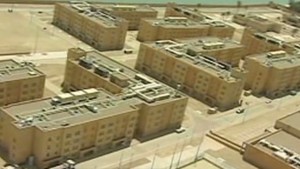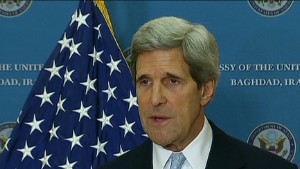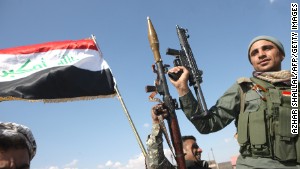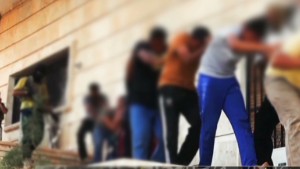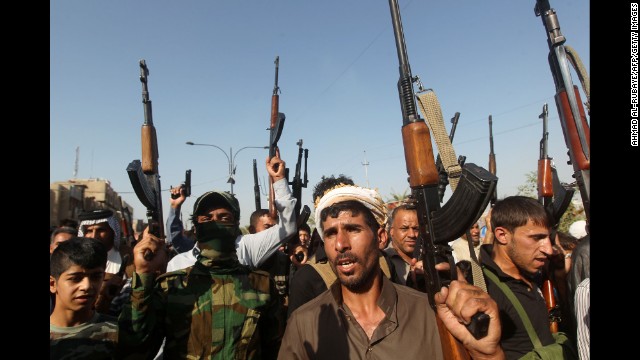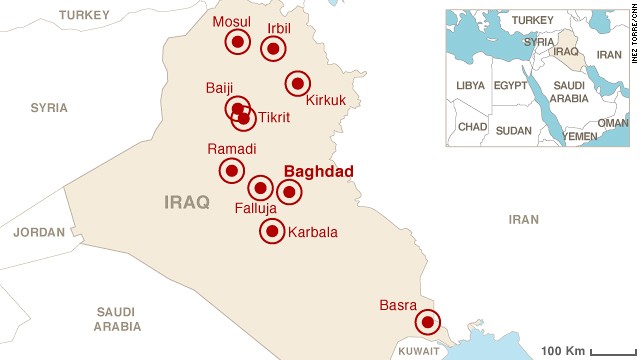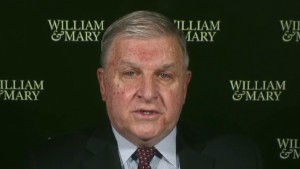Biafra, The Ostrich Mentality And Nigeria’s Tragedy By Okey Ndibe

Okey Ndibe
There is a sense in which the name of the malaise afflicting Nigeria
is Biafra. I have argued before—and I must do so again—that Nigeria’s
refusal to confront and address the sore of the Biafran War is the chief
reason no nation has been able to materialize out of the space called
Nigeria, no peace has been had in that space, and no real progress—much
less development—has been recorded. As the world watches, riveted,
Nigeria is spinning and spinning in a dizzying, ridiculous, violent
dance, racing ever closer to the edge of that jagged precipice we have
all romanced for fifty-four years—if not before.
The wound called Biafra haunts Nigeria precisely because Nigeria
imagined that it could get over Biafra through cheap sloganeering (no
victor, no vanquished), the mere invocation of the mantra of the
Rs—reconstruction, rehabilitation and reconciliation—through silence and
willed forgetfulness—indeed, by playing the ostrich.
I’m not going to be detained by contested, contending accounts of the
Biafran struggle, or even questions pertaining to whether the quest for
secession was inevitable. At minimum, we ought to agree that Nigeria,
from the moment of its British conception, was neither essential nor
natural. It was, above all, convenient and profitable for the British.
And all the logic that informed its constitution made eminent sense,
finally, mostly from the prism of British interests.
When the British removed their bodies—but not necessarily their spirits
and ghosts—from the Nigerian space, we all had a historical duty. That
duty was to pause and ask the question, what does Nigeria mean? It was
to determine whether we all—the 400 odd ethnic collectivities that the
British bracketed inside the space called Nigeria—wished to maintain the
shape of this British design. It was to discern whether we all—the
constituent elements of the space—felt sufficiently animated by the
prospect of living together, fraternizing as a people with shared
aspirations and common destiny. In the event that we all found Nigeria
an irreducible, compelling proposition, then we should have hatched out
the terms of our coexistence. We should have sketched out our
imagination of Nigeria and spelt out what it meant to be called a
citizen of Nigeria. In other words, we should have commenced the task of
remaking the British-delineated space called Nigeria into a veritable,
vital, and robust nation. Had we done this, we would have acquired some
kind of compass for navigating our self-fashioned nation towards the
direction of our own envisioning.
We did not as much as attempt to grapple with that arduous, messy, but
inescapable process of nation-formation. We settled for the British-made
illusion. We were content to take the British confection of a Nigerian
idea and run with it. We pretended that there was some inherent logic to
Nigeria, that it was coherent and organic, a full redemption of some
promissory note, almost a divinely designed imperative.
Perhaps we shirked this duty out of laziness, a sense of convenience, or
a naïve faith in the British. Perhaps, then, we believed that Nigeria
was a nation just because imperial Britain had seen fit to outfit the
space with roads that linked its different parts as well as such
accouterments of the modern state as postal and telegraph services,
railways, the police, prisons, schools, and a cadre of civil servants.
We neglected to pay attention to the fact that, at every
opportunity—especially when our “nationalist” figures pressed the case
for Independence—British officials had insisted that Nigeria was not a
nation but a collection of “nations.” In retrospect, we should have paid
attention to the British. They owned the patent on Nigeria; they knew
that they had not achieved a nation—indeed, that they had not intended
to achieve one—when they set out to cobble together the space called
Nigeria.
It was a monumental error, this collective failure to examine the
crisis-prone, top-down edifice called Nigeria. We all found ourselves in
the nightmarish situation of belonging to an ostensible nation that
reflected little or no sense of community. Instead, life in Nigeria was
marked by strife and disillusionment and mutual distrust and—above all—a
pathological brand of competitiveness. Forced to belong within a space
that had no spirit-lifting narrative, no pathos or inspiring ideal to
impart, Nigerians became fascinated with “eating” the flesh of their
hollow bequest unto death.
It is no surprise that the metaphor of the “national cake” was a
central, if not dominant, part of the Nigerian discourse. In the
literature, journalism and politics of the country, each group exhibited
an obsession with cornering its own “share of the national cake.”
Nigeria made sense to Nigerians only as a banquet, a delectable dish, as
something to be consumed.
A nation is dreamed and then carefully, deliberately, consciously
designed and built. No people in history have ever “eaten” their way
into a nation. If Nigeria were a true nation—or even one with
prospects—we would all have been concerned with working hard to lift it
to great heights. We would have been bakers, baking Nigeria into a grand
cake, not just devourers bent on cornering ever-larger slices of the
Nigerian cake.
Truth be told, the Igbo appeared the most committed of any group to the
idea of realizing Nigeria. They dispersed to all corners of Nigeria and
threw down roots. Wherever they settled, they built homes and learned
the language and opened businesses or began careers as civil servants.
They seemed to have taken more seriously than most the summons to
inspirit Nigeria with national consciousness.
The pogroms of the Igbo, especially in 1966 and 1967, exposed the
fragility of the British-fangled space and amounted to a profound,
blood-soaked repudiation of the Nigerian project. Consequently, Biafran
secession became the most significant interrogation of the unformed,
ill-formed, malformed project named Nigeria. Biafra was far from an
idyll; it actually had its imperfections and contradictions, including
the cooptation of the ethnic minorities of the Niger Delta. Even so, it
was a charter for justice, a demand by a besieged people to be left
alone to arrange their lives in a separate space, apart from their
tormentors.
Nigerians had not taken time to audit the content of what they inherited
from the British, but they were quite willing to sacrifice more than
two million lives in a little more than thirty months in order to
sustain their unexamined, British-made project. The Biafran
aspiration—which was the first time a group had risen to question a
colonial arrangement—was ultimately squelched, the better to uphold the
inviolability of Nigeria.
Alas, the defeat of Biafra birthed monsters that have since menaced all
of us, exposing the seams and fissures in a space that continues to
pretend that a nation already exists within it.
The concluding part of this column will be published next week. Please follow me on twitter @ okeyndibe










